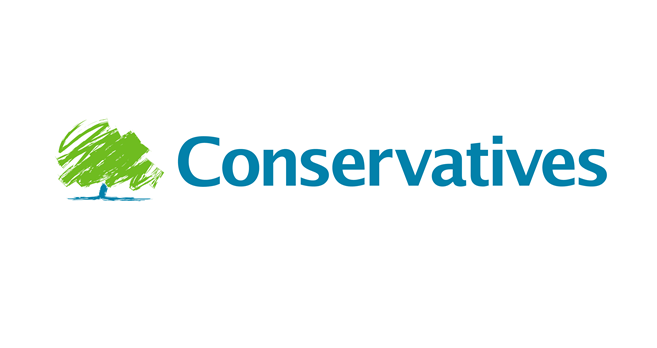
It is fair to say that the last few years have seen a massive increase in the costs associated with private landlord operations. We have seen stamp duty increase, mortgage relief reduced and an array of new regulations brought in to protect tenants. As a consequence, many private landlords have left the market leaving a vacuum which corporate landlords seem very willing to fill. However, could Theresa May’s resignation change the future for private landlords?
Change in perspective might help private landlords
At this moment in time it seems highly likely that the next leader of the Conservative party, and the next prime minister of the UK, may have far right leanings. As Theresa May was caught in the middle of a crossfire, having to appease left-leaning voters while looking to retain the support of grassroots Tories, the next leader is faced with a very different landscape. The electorate now expects both Labour and Conservatives to return to their “grassroots” and create a significant divide across the UK political spectrum. Many expect the Liberal Democrats to fill part of this void but whether this will be a long-term recovery or simply a protest vote remains to be seen.
How might this all help private landlords?
There is no doubt that the UK government has recently been forced to offer greater protection to tenants as a means of currying favour with the electorate. As we touched on above, this was in effect a mission into enemy territory as a means of looking to attract those more supportive of the Labour Party in years gone by. However, a return to core conservative values should assist private landlords, businesses and those looking to invest in the UK.
A number of experts have stepped forward to suggest we could see a rollback in the recent increase in taxes and additional costs associated with private landlords. The likes of Boris Johnson would likely be more supportive of private landlords as would many of the other so-called “hardline” Brexiteers. Recent comments suggest that appointing Boris Johnson as leader of the Conservative party, and prime minister of the UK, would alienate many Labour voters. So, what would be stopping the Conservatives from rolling back some of the recent cost increases associated with investment in buy to let property?
No deal Brexit already factored in
There is also a growing consensus that a no deal Brexit is already being factored into investment markets as a real possibility. Boris Johnson has already suggested the UK should be preparing itself for a no deal Brexit as have two other leading Conservatives put forward as leaders of the future. This is where it can be difficult to separate fact and fiction.
When the UK voted to leave the European Union back in 2016, so-called experts predicted a collapse in the property market and the UK economy. It is fair to say that sterling took a significant hit, and is under even more pressure today, but the property market and the UK economy have remained surprisingly resilient. If the Conservative party was to change tack and rollback some of the additional costs associated with the rental market this would certainly increase demand for housing stock.
Conclusion
While Theresa May did all she could to arrange an acceptable Brexit the fact is she was a remainer from day one. As a consequence, it is highly likely that a relatively hardline Brexiteer will be the next Conservative leader and as a consequence the next prime minister of the UK. We can safely assume that lobbying has already started to roll back some of the recent tax increases for buy to let investors.
We can only hope that the UK government, as it enters a new phase, is more receptive to the thoughts and concerns of UK buy to let investors. On the flipside of the coin, after the last few years surely things cannot get any worse?

